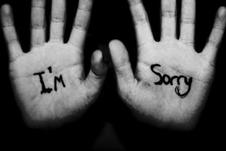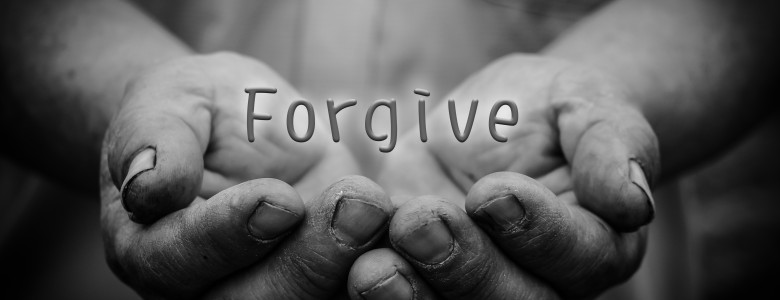
In this study, feeling unforgiven is living with the belief that you have been the cause of another person's pain or suffering, and feeling that the person you have hurt has not forgiven you.
The results were fascinating and, further, showed a significant variance between the males and females in the study.
The study's authors state that "results provide evidence that higher levels of self-forgiveness are protective of mental health
for both men and women who feel unforgiven by others,
and forgiving others is protective of mental health for
women." (Ermer & Proulx 2015) This means that the study has proven that for people for whom being unforgiven is contributing to depression, self-forgiveness is healing. It also means that for women, forgiving others is also a powerful factor in the removal of depression symptoms.

The results suggest that self-forgiveness is a useful component of therapy for both males and females. For females, developing an ability to forgive others is powerful and healing. For males who already forgive others, learning to self-forgive is a valuable tool. I think it's also likely that those males who do not already forgive others, may have a similar response to the females in this study if they begin to learn such forgiveness. Additionally, for non-communicative males who have not spoken of their feelings with their "unforgiver" for some time (if at all) it may be of significant benefit, where possible, safe, practical and ethical, to incorporate the "unforgiver" into the therapy.
As the study was conducted on those over the age of 65, it is likely that the results that differed by gender are the result of the social aspects of that gender in that age bracket. A less binary approach would likely find that results would differ according to the perceived attributes of one's expressed gender. That is, everyone is different and these results would ideally be used within an individuals personal and unique context.
The practice of self-forgiveness is able to help ease depressive symptoms, and is also able to help prevent those feelings. The ability to forgive others is also proven to have the same effect for females, and I will assume many males.
I think it's wonderful that this is a cycle that can be broken, that not forgiving people can cause you as much psychological harm as it does the people you don't forgive. Conversely, learning to forgive, yourself and others, heals not only you, but those to whom you offer forgiveness.
Are you a forgiver? Have you felt the power of forgiveness? Share your experience below.
- Ashley E. Ermer & Christine M. Proulx (2015): Unforgiveness, depression, and health in later life: the protective factor of forgivingness, Aging & Mental Health, DOI: 10.1080/13607863.2015.1060942


 RSS Feed
RSS Feed